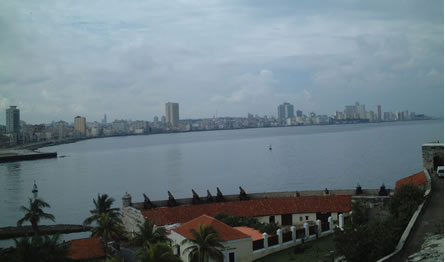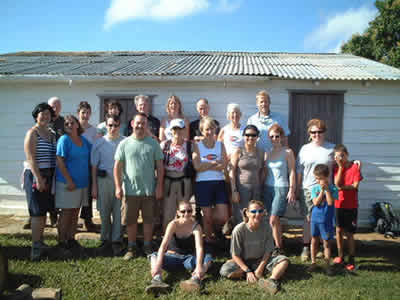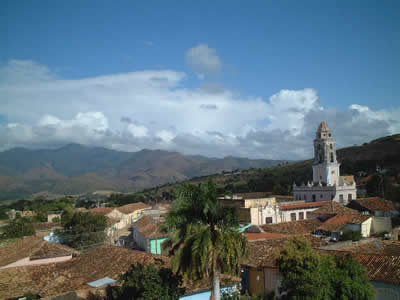During the mid-19th century, London’s costermongers (sellers of fruit and veg) and butchers invented a form of slang known as back slang or kacab genals in order to talk amongst themselves without their customers understanding. They reversed words and pronounced them as far as possible according to their spelling. Extra vowels were inserted where necessary, and initial h’s were often pronounced ch /tʃ/ (tS) or sh /ʃ/ (S), as in dee-aitch for head, esroch for horse, eemosh for home, and vatch for have. The only back slang word that passed into common usage was yob, which original just meant boy and had no negative connotations.
Back slang is still used to some extent, according to a report on Word of Mouth on the BBC, which is where I got the inspiration for this post. More details of back slang can be found here and here.
A variant of back slang is Pig Latin or Igpay Atinlay, which usually involves moving the initial consonant or consonant cluster from the beginning of a word to the end and adding ay, or just adding ay if a word starts with a vowels. For example, Ymay overcrafthay isway ullfay ofway eelsway.
Verlan is a form of back slang used in France that reverses the syllables rather than the letters. For example, flic (cop) = keuf, mec (man) = keum, and bizarre (weird) = zarb/zarbi. The name Verlan comes from l’envers (inverse).




